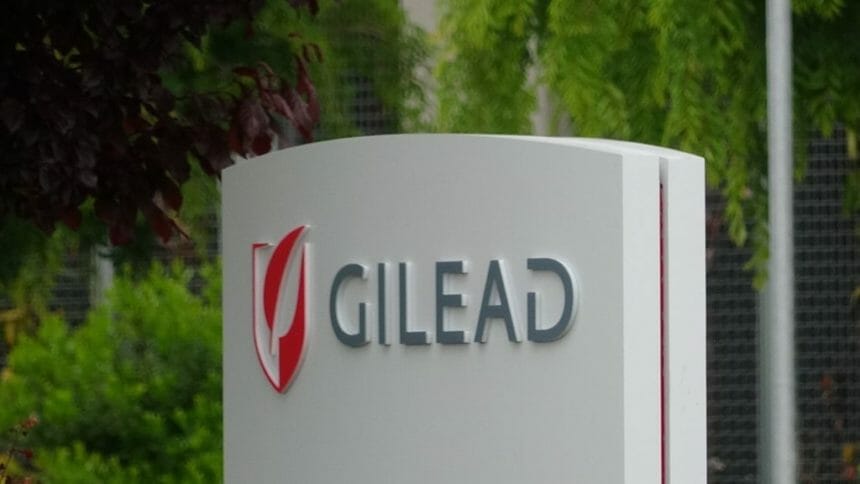Gilead Sciences announced an agreement Monday morning with Dragonfly Therapeutics to pay $300 million for its 5T4-targeting natural killer (NK) cell investigational immunotherapy program, DF7001.
The deal grants Gilead options to develop and commercialize more NK cell engager programs using Dragonfly’s TriNKET platform, which activates and directs NK and cytotoxic T cell killing against cancer cells. According to Gilead’s press release, TriNKET is on track to file an Investigational New Drug application with the Food and Drug Administration during the first half of 2023.
Additionally, Dragonfly is eligible to receive potential opt-in payments through the deal, as well as performance-based, regulatory, and commercial milestone payments. The Massachusetts-based biotech company can also receive royalties of up to 20% of worldwide net sales for DF7001. The deal is subject to customary antitrust regulatory approval.
“We look forward to working with the Dragonfly team to explore novel NK engager treatments across diverse therapeutic areas to address some of the greatest gaps in care for cancer and inflammatory diseases,” said Dr. Flavius Martin, EVP, research at Gilead, in a statement.
The transaction was announced days after Gilead released its Q1 earnings report, highlighted by $6.6 billion in revenue. The Dragonfly deal seeks to expand Gilead’s oncology portfolio, which saw sales surge 60% last quarter to $420 million.
For Dragonfly, the Gilead deal marks the latest collaboration with a major pharmaceutical company. Less than two weeks ago, Dragonfly announced the expansion of its research collaboration with AbbVie to develop novel immunotherapy candidates.
Dragonfly CEO Bill Haney said Gilead’s investment reinforces the value of the company’s TriNKET platform and offers an effective approach to treating patients with cancer and other inflammatory diseases.
“Gilead has a well-established track record in development and commercialization and is a well-matched partner for our scientific expertise and platform,” Haney said in a statement. “We look forward to working with the Gilead team to advance new treatment options where there is a high unmet need.”







